The share of the yuan in global payments rose to a record high in March, remaining the world's fourth most active currency ahead of the Japanese yen, data from global payment services provider Society for Worldwide Interbank Financial Telecommunication (SWIFT) revealed on Thursday.
According to SWIFT, the share of international trade using yuan settlements in March grew to 4.69 percent from 4 percent a month earlier, the highest level since SWIFT established a new reference system last July.
It mirrors a steady progress in the yuan's internationalization, the growing appeal of the yuan as a currency for global payments and settlements, and a bullish view on the long-term development momentum of China's economy with its vigorous business activities, analysts said.
The U.S. dollar's share of global payments continues to exceed that of other currencies, remaining relatively stable in recent months at around 47 percent, SWIFT said.
The euro's share of international trade fell below 22 percent in March, down from 24.4 percent level when Swift introduced the new reference system.
The U.S. dollar has maintained its dominance as the world's reserve currency since SWIFT started tracking payments, but the use of the Chinese yuan has risen steadily during the past decade.
When SWIFT began tracking the use of the yuan in 2010, the currency accounted for less than 0.1 percent of global settlements.
Since November, the yuan has become the fourth most active currency in the world, the first time since 2022 that it overtook the yen.
In 2023, yuan cross-border receipts and payments totaled 52.3 trillion yuan ($7.2 trillion), an increase of 24.2 percent year-on-year, according to a recent People's Bank of China (PBC) report on the yuan's internationalization.
As it relates to China's cross-border transactions for trade in goods, the proportion of yuan settlements surged to 25 percent in 2023, up 7 percentage points from the 2022 level, read the report.
The proportion in the first quarter of this year was nearly 30 percent, said Zhu Hexin, a deputy governor of the PBC, at a press conference on Thursday.








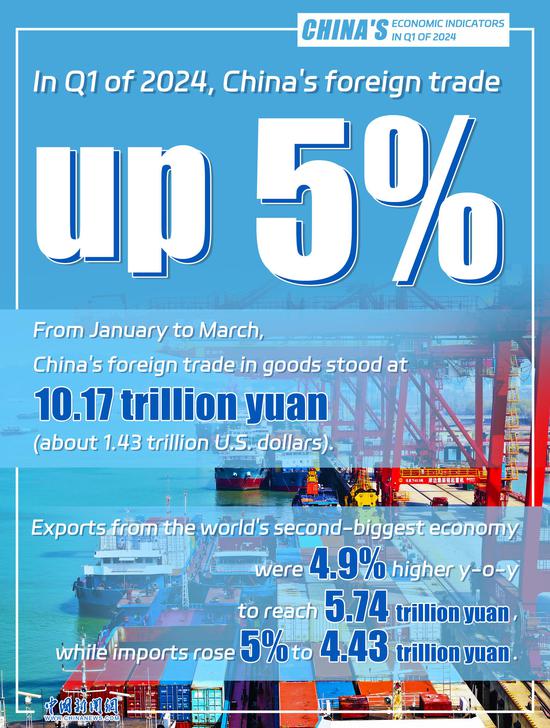
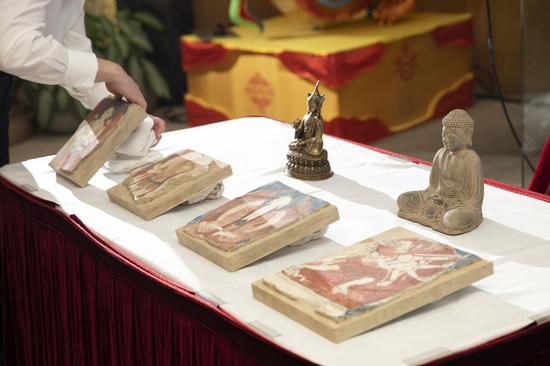



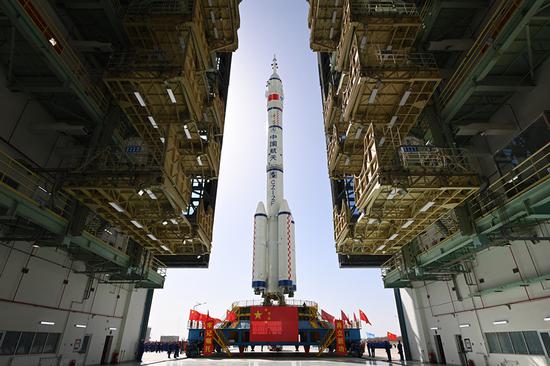
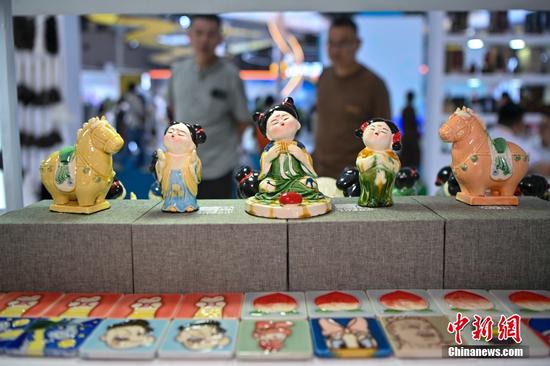


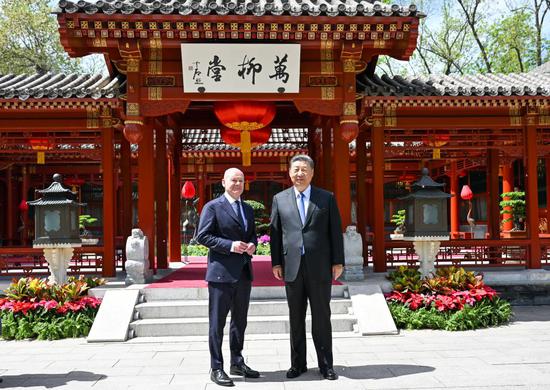
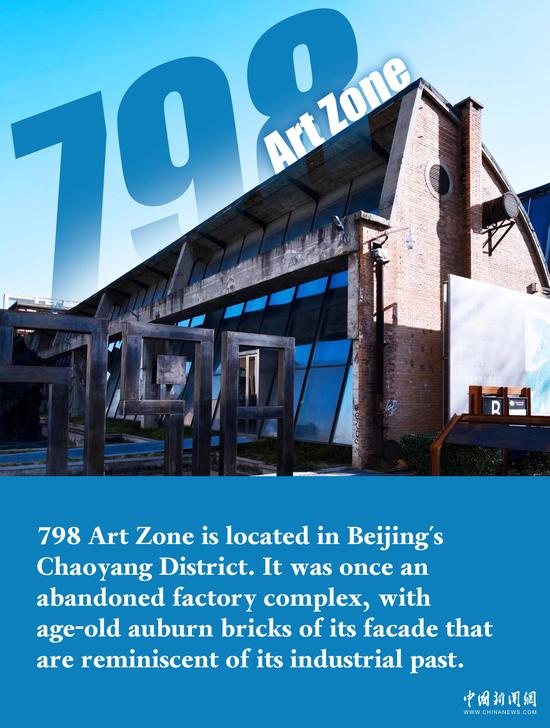



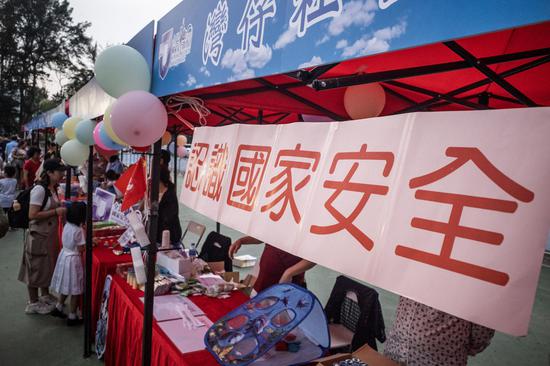
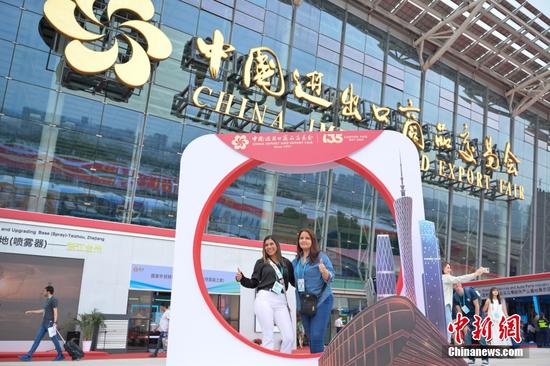

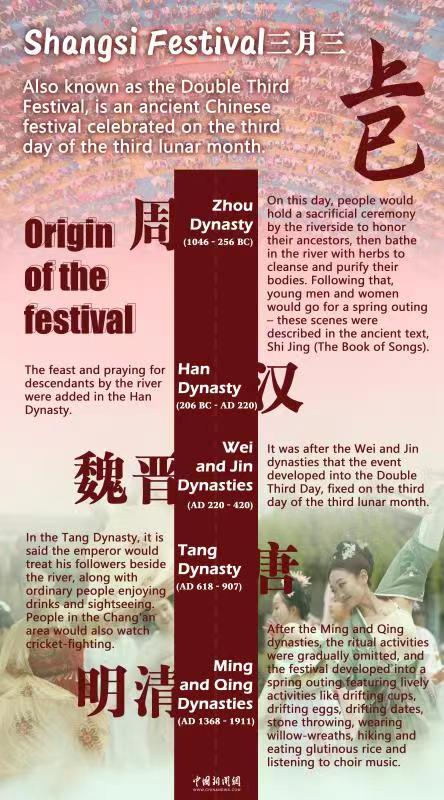
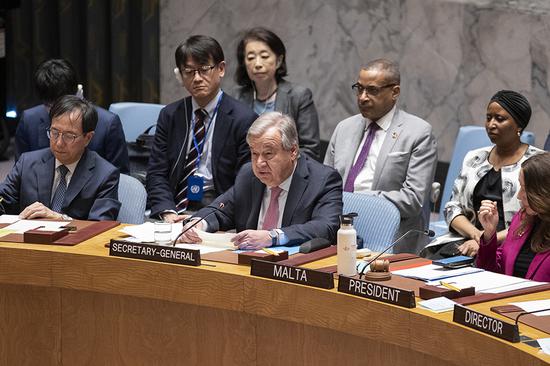
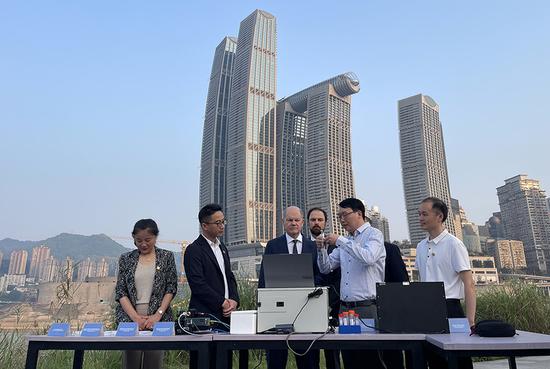
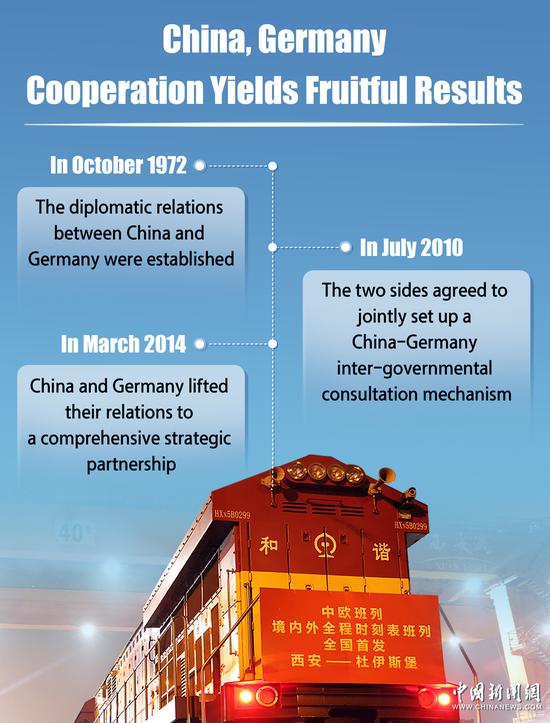
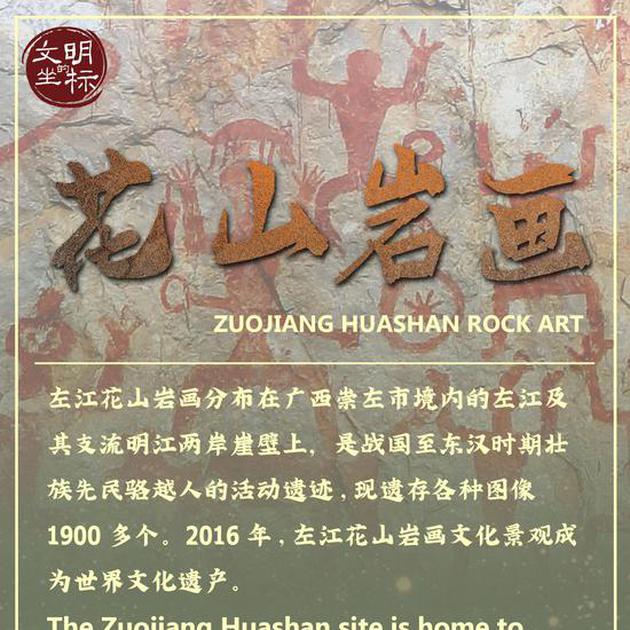
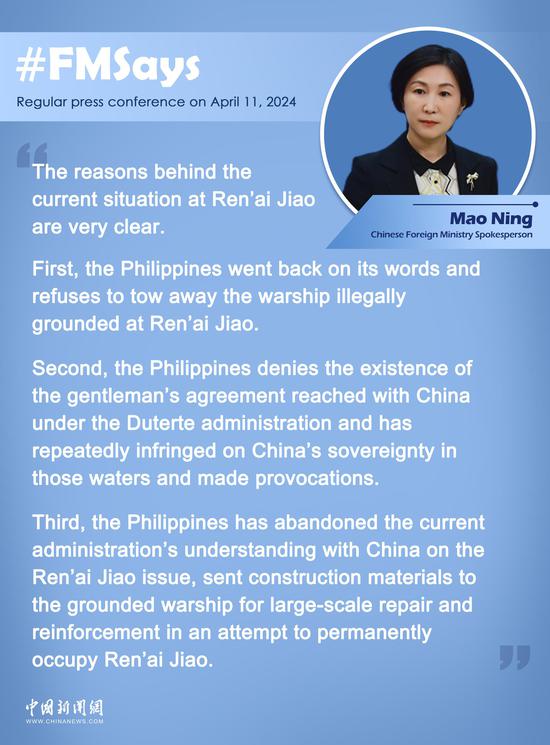
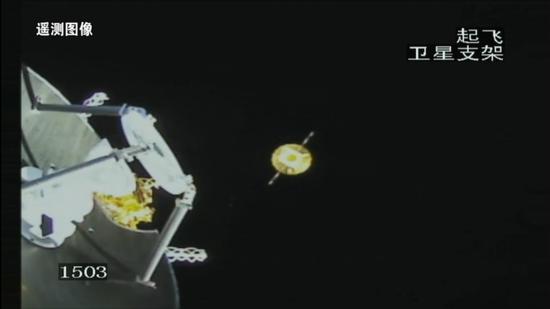
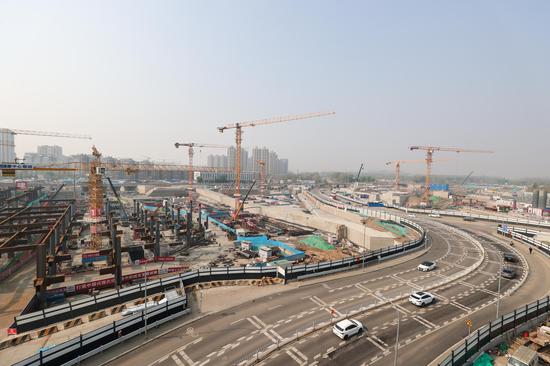

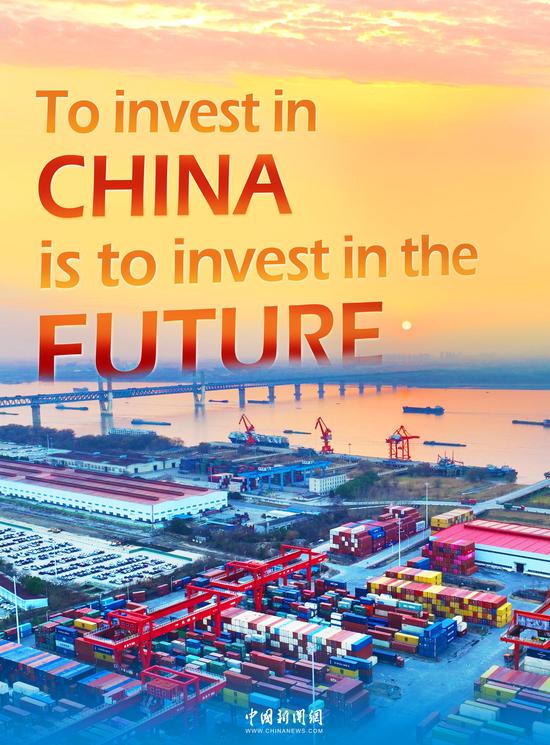
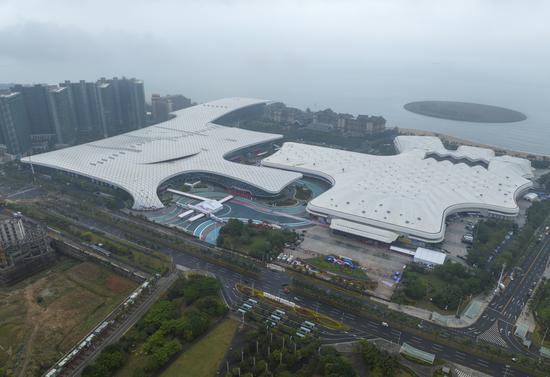


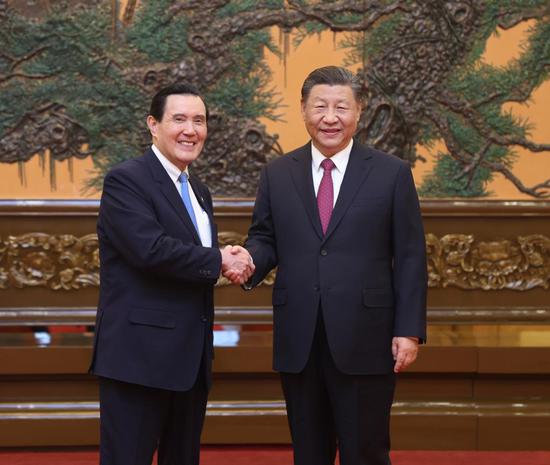

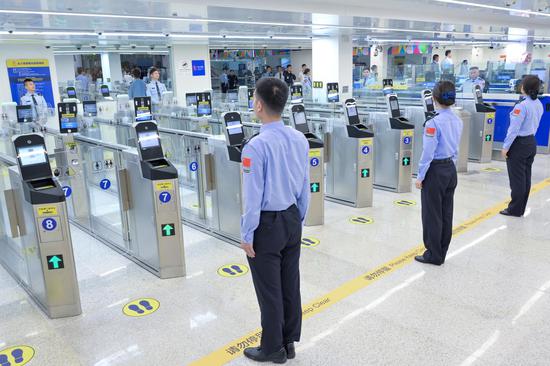
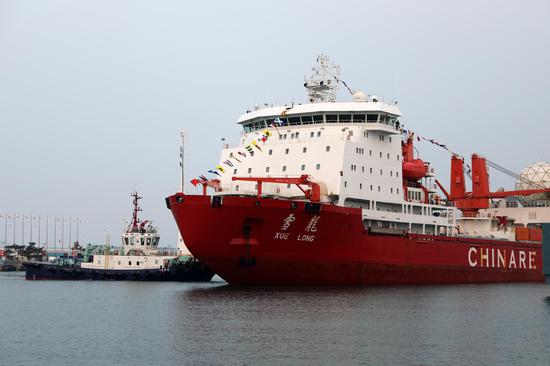






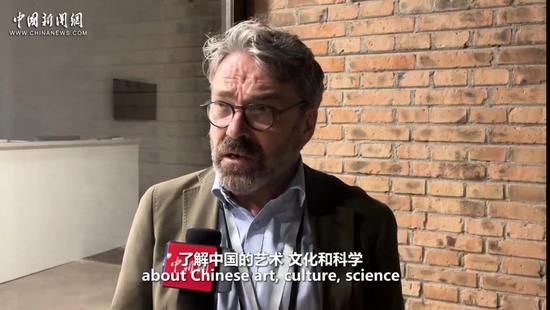

 京公网安备 11010202009201号
京公网安备 11010202009201号